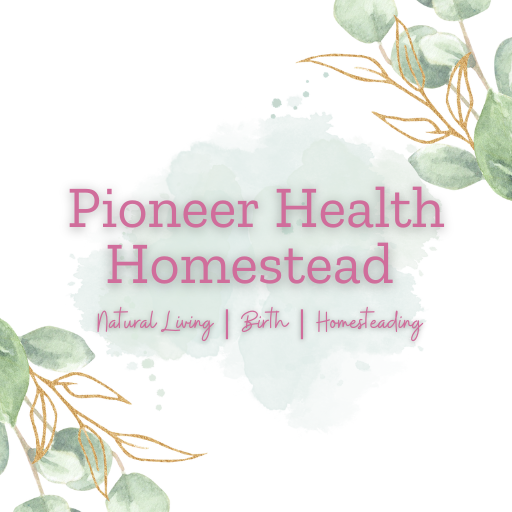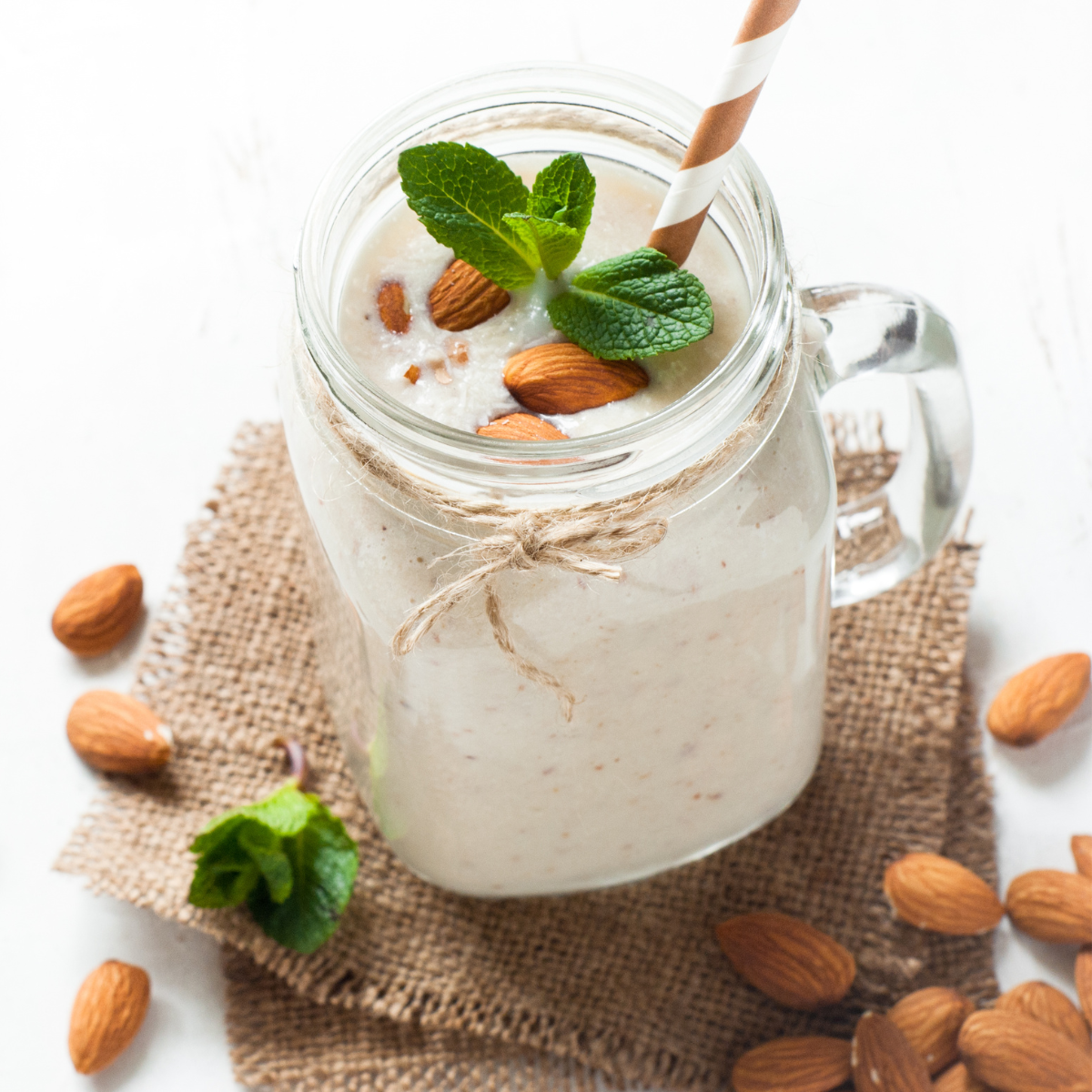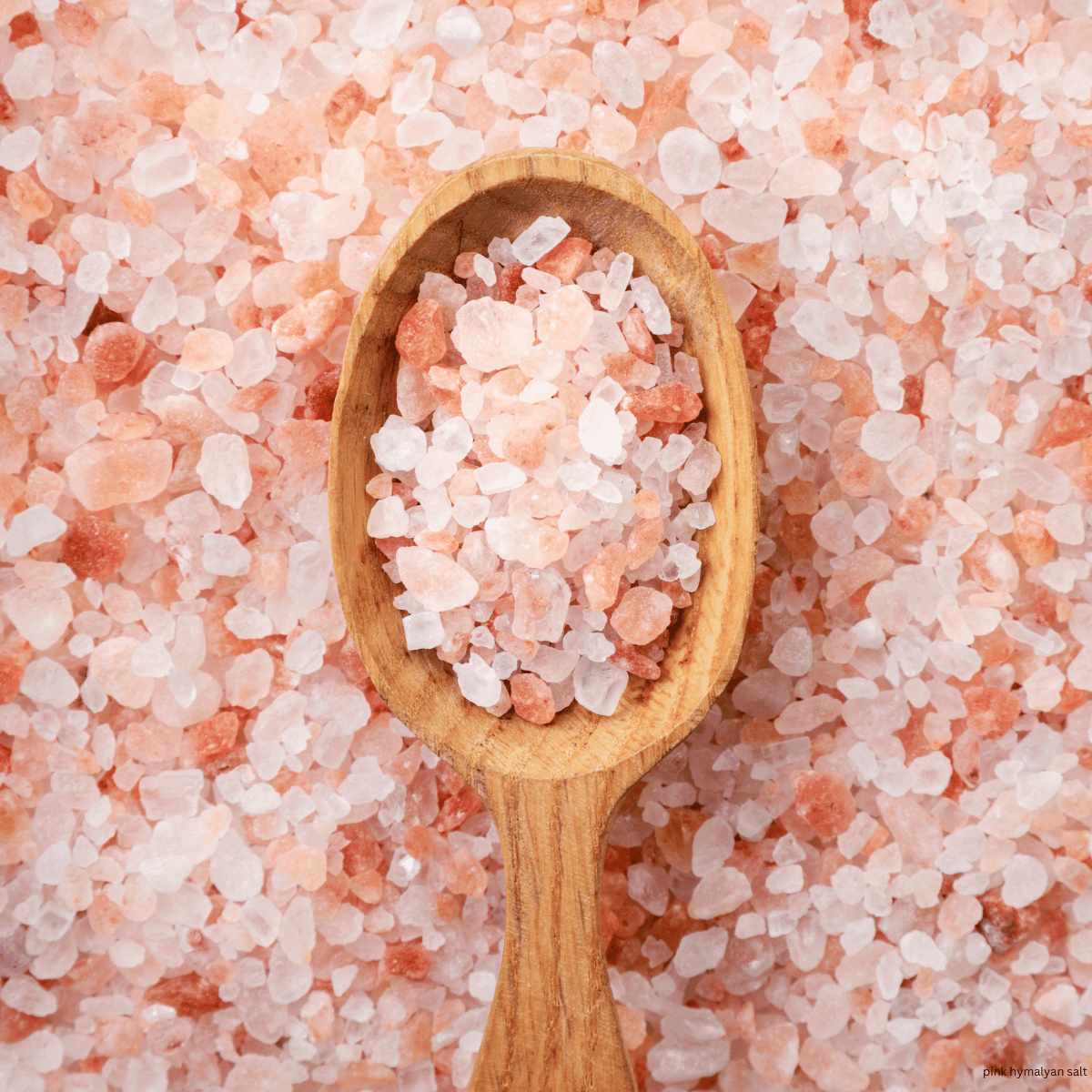Best Herbs for Energy: Natural Herbal Boost
Finding the best herbs for energy is essential in today’s fast-paced world, where many of us strive to maintain high levels of vitality and combat fatigue. Our energy levels significantly impact our overall health and productivity, influencing everything from our mood and mental clarity to physical performance. When we feel energized, we can face daily challenges with enthusiasm and focus, but low energy can lead to feelings of sluggishness and decreased motivation.
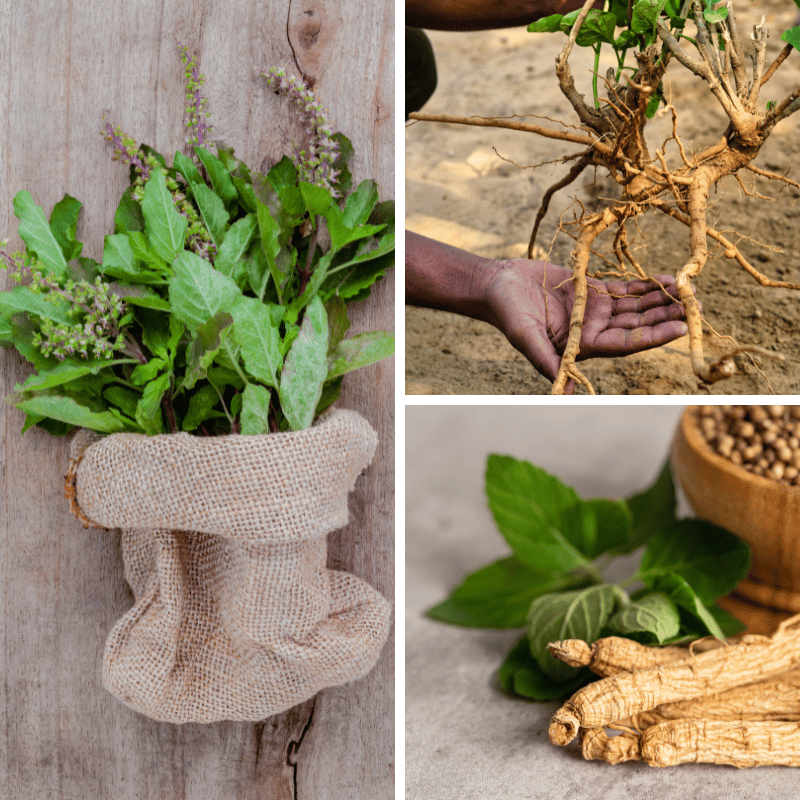
Herbal supplements have surged in popularity as a natural way to boost energy levels. These plant-based remedies have been used for centuries in various cultures to support health and wellness. As more individuals seek holistic approaches to enhance their well-being, understanding the potential benefits of herbal supplements has never been more relevant.
In this blog, we’ll explore the best herbs for naturally boosting energy, discussing their health benefits, possible side effects, and how to incorporate them into your daily routine. By learning about these powerful plants and their adaptogenic properties, you can make informed choices that promote healthy energy levels and improve your overall quality of life.
Importance of Energy in Daily Life
As a Registered Nurse and a mom of five, I can tell you firsthand how vital energy is in our daily lives. With a busy schedule filled with work, homeschooling, and managing a household, my energy levels directly impact my overall health and productivity. When I’m feeling energized, I can tackle everything from lesson planning to meal prep with enthusiasm. High energy helps me maintain a positive mood, stay engaged with my kids, and handle unexpected challenges with ease.
On the other hand, when fatigue sets in, it becomes harder to focus, and I often find myself feeling overwhelmed. I’ve noticed that low energy can lead to irritability and stress, making it difficult to enjoy the little moments with my family. It’s crucial to maintain healthy energy levels, not just for our productivity but also for our mental and emotional well-being.
Introduction to Herbal Supplements
In my journey towards a more holistic lifestyle, I’ve discovered the power of herbal supplements. These natural products, derived from plants, have been used for centuries across various cultures for their health benefits. They come in different forms, such as capsules, teas, and tinctures, making them versatile and easy to incorporate into daily routines.
Herbal supplements have gained popularity recently as more people seek alternatives to traditional medicine. Many are turning to these natural remedies to boost energy and overall wellness without the side effects often associated with pharmaceutical drugs. I love that there’s a growing interest in using nature’s resources to support our health—especially for busy families like mine.
Save For Later!
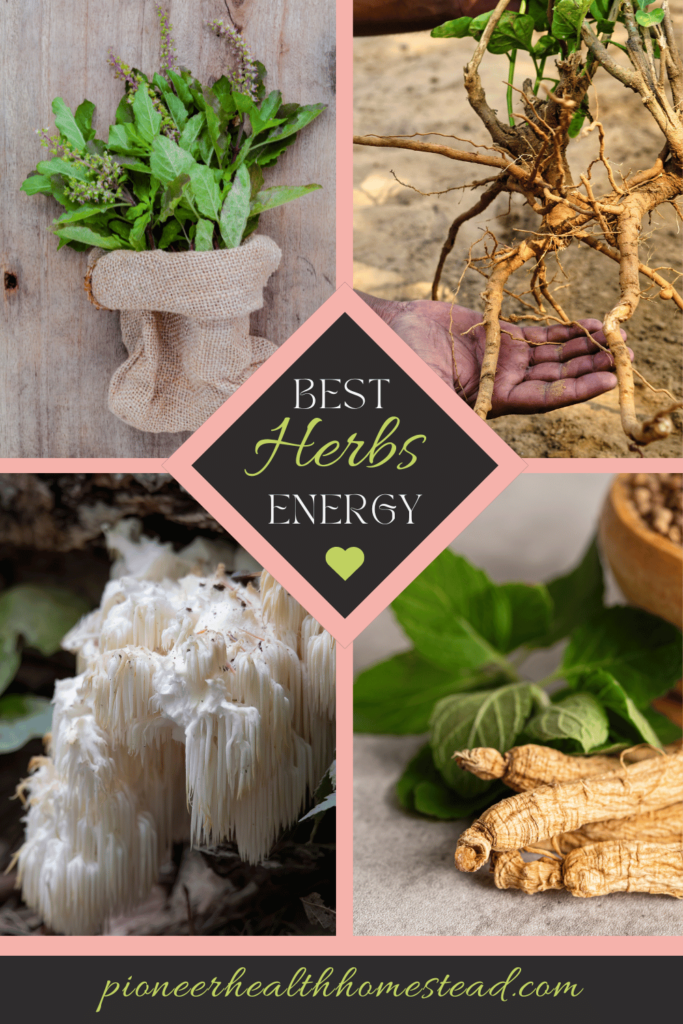
Purpose of the Blog
The purpose of this blog is to explore the best herbs for boosting energy naturally. As a mom and a healthcare professional, I want to share my insights on how specific herbs can help enhance our energy levels and improve our daily lives. We’ll delve into the health benefits, potential side effects, and practical ways to incorporate these herbal supplements into your routine.
By understanding these natural remedies, I hope to empower you to make informed choices for your health and well-being. Whether you’re juggling work and family life or simply looking for ways to boost your energy, this guide will provide valuable information to help you navigate the world of herbal energy boosters.
Understanding Energy Levels
Factors Influencing Energy Levels
As a busy mom and a Registered Nurse, I know how many factors can influence our energy levels. One of the most significant is sleep quality. When I don’t get enough restful sleep, it can feel nearly impossible to function the next day. Sleep is when our bodies recharge and repair, so ensuring we prioritize those precious hours is essential.
Diet is another crucial factor. What we eat directly impacts our energy. I’ve noticed that a balanced diet filled with whole foods, fruits, and vegetables helps me maintain steady energy levels throughout the day. On the flip side, relying on sugary snacks or highly processed foods can lead to energy crashes that leave me feeling drained.
Stress is an ever-present part of life, especially for those of us juggling multiple responsibilities. High stress can zap our energy and make it challenging to stay focused. I’ve found that incorporating stress-reducing practices, like mindfulness or gentle exercise, can make a noticeable difference.
Finally, physical activity plays a vital role. It may sound counterintuitive, but regular movement boosts energy. I try to squeeze in short workouts or family walks, which help me feel more energized and ready to take on the day.
Common Energy Issues
Despite our best efforts, many of us experience common energy issues that can significantly affect our quality of life. One such issue is chronic fatigue syndrome. This condition can leave individuals feeling persistently exhausted, regardless of how much rest they get. As a mom, I know how overwhelming it can be to deal with fatigue, especially when you have kids relying on you.
Cognitive dysfunction is another concern, affecting mental clarity and focus. This can be particularly frustrating when juggling parenting and work duties. It’s easy to feel scattered when our brains are foggy, making it tough to stay productive.
Finally, our modern lifestyles often contribute to energy issues. The constant hustle, coupled with exposure to screens and busy schedules, can lead to burnout. Many of us find ourselves caught in a cycle of stress and fatigue, making it vital to explore ways to rejuvenate our energy levels naturally. Understanding these common issues can help us take proactive steps to improve our well-being and energy throughout the day.
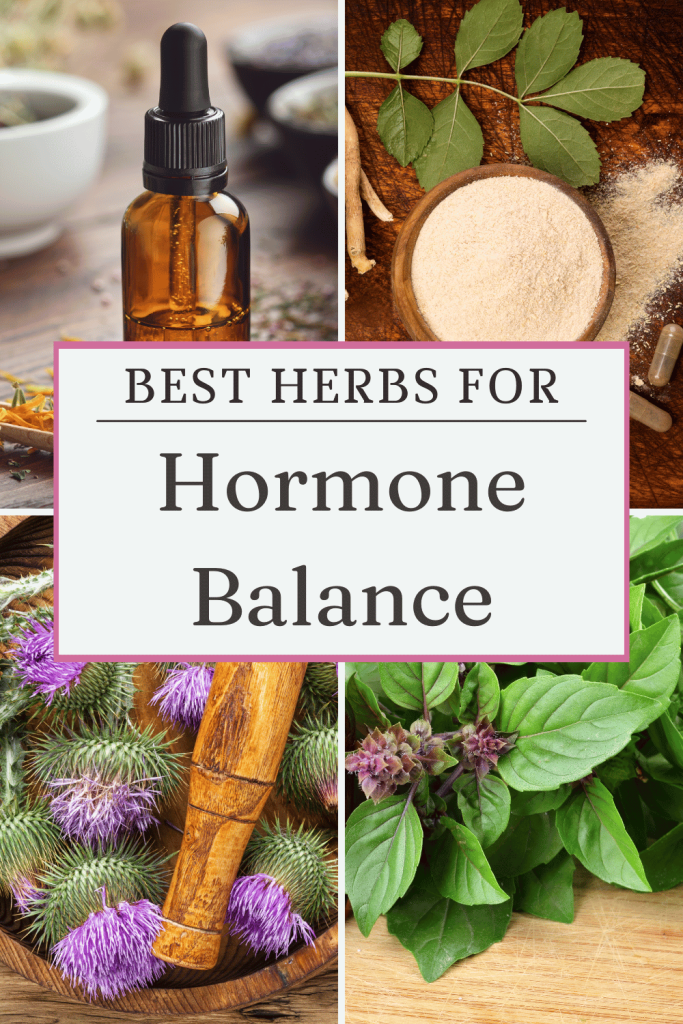
Overview of Adaptogenic Herbs
Definition of Adaptogenic Herbs
Adaptogenic herbs are a unique group of plants that help the body adapt to stress, promoting balance and resilience. As someone who juggles the demands of being a mom of five and a Registered Nurse, I’ve come to appreciate how these herbs can support both mental and physical health. Adaptogens work by helping the body respond better to stress, whether it’s physical, emotional, or environmental. Instead of just masking symptoms, they aim to restore the body’s natural balance, making them ideal for those looking for natural ways to enhance overall health and energy.
Role of Adaptogens in Energy Enhancement
One of the most powerful ways adaptogenic herbs contribute to our well-being is by supporting the adrenal glands, which play a key role in managing the body’s stress response. When we’re under constant stress, our adrenal glands can become overworked, leading to fatigue and energy crashes. Adaptogens like ashwagandha, rhodiola, and ginseng help by stabilizing energy levels and preventing burnout.
In my experience, these herbs offer a steady, more sustainable energy boost compared to the quick highs and lows from caffeine or sugar. By helping to regulate cortisol (the body’s stress hormone), adaptogens not only increase energy but also support a more stable mood, better focus, and improved stamina throughout the day. For busy parents, professionals, or anyone dealing with the pressures of modern life, adaptogenic herbs can be a gentle yet effective way to keep energy levels balanced naturally.
Top Herbs for Boosting Energy
Panax Ginseng
Benefits:
Panax ginseng is known for its ability to improve cognitive function and physical performance. It’s a favorite among those looking for enhanced mental clarity and stamina, making it a great herb to combat daily fatigue.
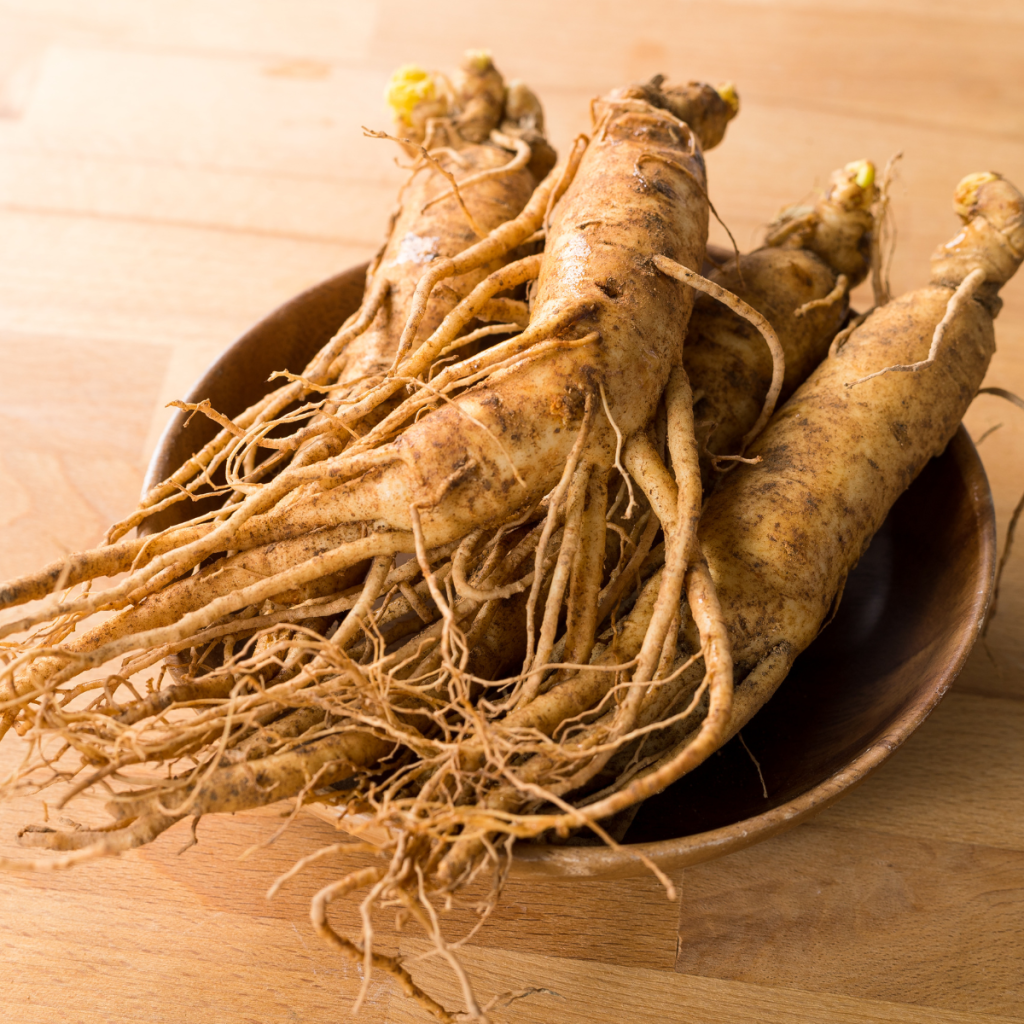
Active Ingredients:
The active compounds in Panax ginseng are called ginsenosides, which work by reducing fatigue, boosting brain function, and increasing endurance. These compounds also play a role in protecting the body from oxidative stress.
Potential Side Effects and Cautions:
While Panax ginseng offers many benefits, it can cause allergic reactions in some people and may lead to high blood pressure, especially when taken in large amounts or over extended periods. This herb should be avoided by those who are pregnant or breastfeeding, as safety data for these populations is limited. Additionally, people with autoimmune diseases should consult a healthcare provider before using ginseng, as it may stimulate the immune system in ways that are harmful.
Rhodiola Rosea
Benefits:
Rhodiola rosea is a fantastic adaptogen for reducing fatigue and improving mental energy, making it ideal for those dealing with high levels of stress or burnout. It helps restore energy and mental clarity, even in times of emotional and physical exhaustion.
Recent Studies:
Clinical trials show that Rhodiola can significantly improve focus, stamina, and mental performance in people under stress. This is especially in demanding work or school environments.
Usage and Tolerability:
Generally safe for short-term use, Rhodiola rosea has a mild effect with few side effects. However, its long-term effects are still not well-studied, so prolonged use should be done with caution. Women who are pregnant or breastfeeding should avoid using Rhodiola.
Ashwagandha
Benefits:
Ashwagandha is known for helping to balance stress hormones like cortisol, which can directly impact both your immune system and energy levels. It helps the body cope with stress, making it ideal for improving stamina and energy in challenging times.
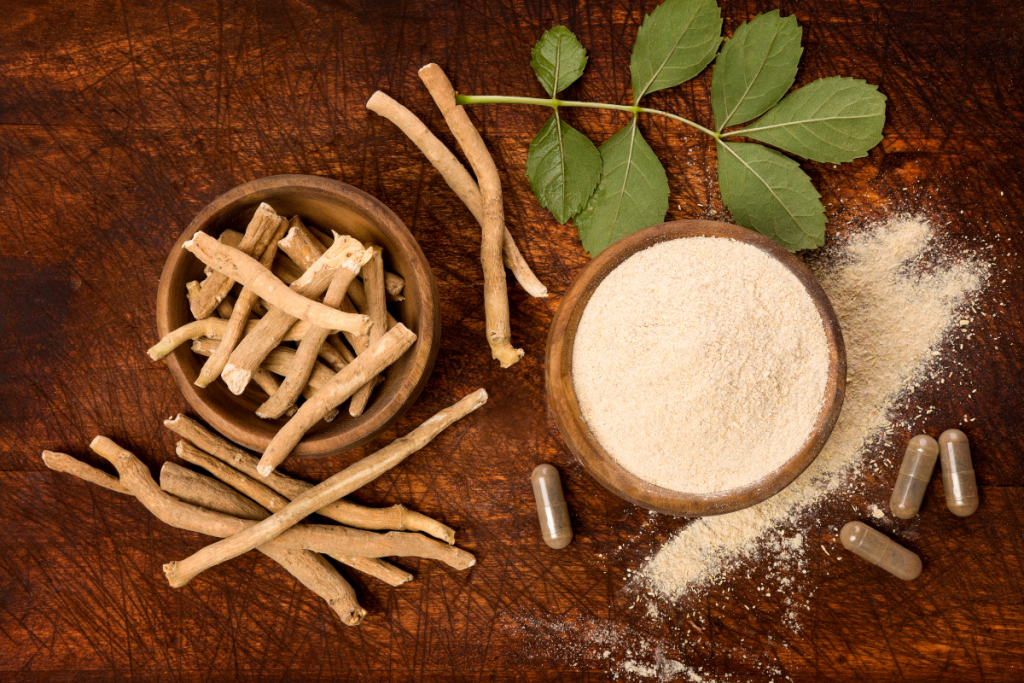
Historical Use:
This herb has been a staple in Ayurvedic medicine for thousands of years, where it is used to promote vitality, improve resilience, and reduce the effects of stress.
Side Effects and Cautions:
Ashwagandha is generally safe but may cause stomach upset or drowsiness in some individuals. It is not safe during pregnancy as it can potentially cause a miscarriage. People with autoimmune conditions should avoid using it without a doctor’s supervision as it can overstimulate the immune system. Nursing mothers should also use caution and consult their healthcare provider before use.
Siberian Ginseng
Benefits:
Siberian ginseng is another excellent herb for enhancing physical performance and supporting overall health. It offers a gentler, more balanced energy boost compared to its cousin, Panax ginseng.
Comparison with Asian Ginseng:
Siberian ginseng is often considered less stimulating than Asian ginseng. Making it ideal for long-term energy support without the risk of overstimulation or burnout.
Warnings and Cautions:
Though generally safe, Siberian ginseng should be avoided by individuals with high blood pressure or heart conditions. It can have a stimulating effect on the cardiovascular system. As with other ginsengs, it is not recommended during pregnancy or breastfeeding. People with certain hormone-sensitive conditions, such as breast cancer or endometriosis, should also avoid this herb.
Gotu Kola and Lion’s Mane
Benefits:
Gotu kola and Lion’s Mane are superb for enhancing brain function and mental clarity. Gotu kola has been used traditionally to support cognitive function. While Lion’s Mane is gaining recognition for its ability to improve memory and focus by stimulating nerve growth.
Preparation Methods:
Both herbs can be consumed as teas, supplements, or used in essential oils. A gentle tea made from these herbs is perfect for enhancing mental energy and focus without the jittery feeling often associated with caffeine.
Warnings and Cautions:
Gotu kola should be used cautiously by individuals with liver disease, as excessive doses may lead to liver toxicity. Pregnant and breastfeeding women should avoid using Gotu kola without consulting their healthcare provider. Lion’s Mane is generally safe for most people but should still be used under the guidance of a healthcare professional, particularly if you have pre-existing health conditions or take medications for cognitive health.
Ginkgo Biloba
Benefits:
Ginkgo biloba is widely known for enhancing cognitive function and improving blood circulation to the brain. It can be a great option for improving memory, focus, and overall mental sharpness. Especially for those experiencing brain fog or fatigue.
Recent Study Insights:
Recent studies indicate that Ginkgo biloba can improve both memory and mental performance, particularly in older adults. It has also been shown to protect against oxidative stress, which can further enhance energy.
Warnings and Cautions:
While Ginkgo is generally well-tolerated, it can cause digestive upset or headaches in some individuals. Additionally, it may increase the risk of bleeding, so it should not be taken alongside blood-thinning medications or by those with bleeding disorders. Ginkgo should also be avoided by pregnant and breastfeeding women due to limited safety data.
Holy Basil and Kava Kava
Benefits:
Holy basil is an adaptogen that helps reduce stress and improve mental energy. This has made it ideal for balancing emotions and mental clarity. Kava kava, on the other hand, is known for its calming effects, helping to reduce anxiety while supporting mental focus.
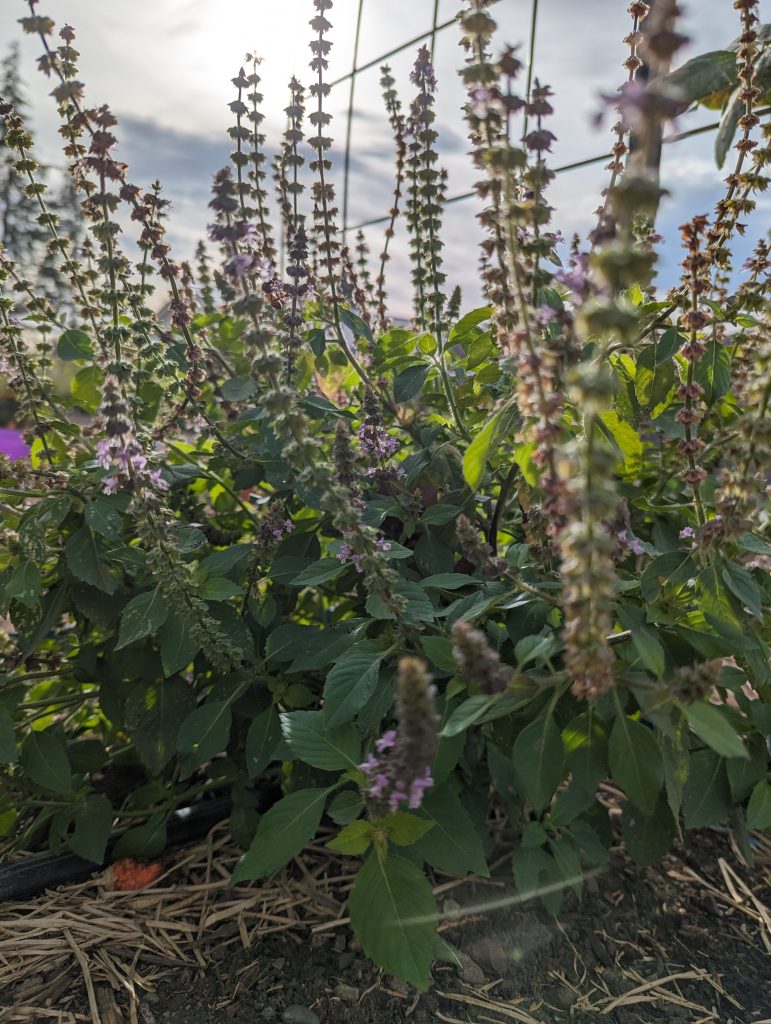
Use in Traditional Medicine:
Holy basil, also known as Tulsi, is revered in Ayurvedic medicine for its ability to promote vitality and spiritual well-being. Kava kava has been used for centuries in Pacific Island cultures to reduce stress and anxiety. It is often consumed in social and ceremonial contexts.
Warnings and Cautions:
While both herbs offer great benefits, they come with some risks. Holy basil can lower blood sugar levels, so those with diabetes should monitor their levels closely when using this herb. It should also be used cautiously by individuals on blood-thinning medications. Both herbs are not recommended during pregnancy or breastfeeding.
Herbal Supplement Use and Safety
Consulting Healthcare Providers
When considering the use of herbal supplements, it is crucial to consult with a qualified healthcare provider. Especially for individuals with existing medical conditions or those who are pregnant or breastfeeding. Herbal remedies can have potent effects on the body, and their interactions with other medications or underlying health issues can pose risks.
Healthcare providers, particularly those with experience in both conventional and herbal medicine, can offer guidance on the appropriate dosage, duration of use, and whether a specific herb is safe for you. This conversation is particularly important for people taking medications for chronic conditions, such as diabetes, high blood pressure, or autoimmune disorders, as herbs can impact the effectiveness of these medications.

Potential Interactions with Prescription Medicines
One of the primary concerns with using herbal supplements is their potential to interact with prescription medications. Some herbs can enhance or inhibit the effects of pharmaceutical drugs, leading to serious consequences. For instance, St. John’s Wort can interfere with antidepressants, birth control pills, and blood thinners, reducing their effectiveness. Likewise, Ginkgo biloba, while helpful for memory support, can increase the risk of bleeding when taken with blood-thinning medications like warfarin or aspirin.
These interactions are not always well-known to the general public, which is why it’s essential to inform your healthcare provider about any herbal supplements you are taking. Even seemingly mild herbs like chamomile or peppermint can pose risks when combined with certain medications, particularly those that affect the liver or kidneys.
Side Effects and Adverse Effects
While herbal remedies are often considered natural and safe, they can still cause side effects and adverse reactions in some individuals. Common side effects include digestive upset, headaches, and dizziness, but more severe reactions like allergic responses (e.g., hives, swelling, difficulty breathing) can also occur.
Some herbs, such as Panax ginseng, can lead to increased blood pressure or overstimulation, particularly in people sensitive to caffeine or stimulants. Others, like kava kava, have been associated with liver toxicity when used improperly. Additionally, long-term use of certain herbs like licorice root can result in electrolyte imbalances, especially when consumed in high doses.
It’s important to remember that individual responses to herbs can vary significantly. Factors such as age, health status, and genetics can influence how your body reacts to an herbal supplement. Starting with a low dose and monitoring for any side effects is a safe approach, but seeking advice from a healthcare professional before use is the best practice.
Herbal Supplement Quality
Lastly, it’s important to be aware of the quality and source of herbal supplements. Not all products are created equal, and contaminants or inaccurate labeling can occur. Choosing organic, ethically sourced, and third-party tested supplements can reduce the risk of exposure to pesticides, heavy metals, or other harmful substances.
Alternative Methods for Natural Energy Boosts
Diet and Lifestyle Adjustments
While herbs can be a fantastic way to boost energy naturally, diet and lifestyle adjustments are equally important. For example, incorporating spicy foods like cayenne pepper or ginger into your meals can increase your metabolism and help you feel more energized. These foods improve circulation, which in turn supports the body’s energy production.
Another great option is green tea leaves, which provide a gentle energy lift without the crash often associated with caffeine. Green tea contains L-theanine, an amino acid that promotes calmness and focus, making it a great alternative to coffee. Staying hydrated is also essential. Dehydration, even in small amounts, can cause fatigue and sluggishness. Keeping water handy throughout the day can make a big difference in how energized you feel.
In addition to food, regular physical activity and ensuring proper sleep can significantly enhance your energy levels. Simple habits like moving your body, staying active, and getting outside for fresh air can make a huge impact on your vitality.
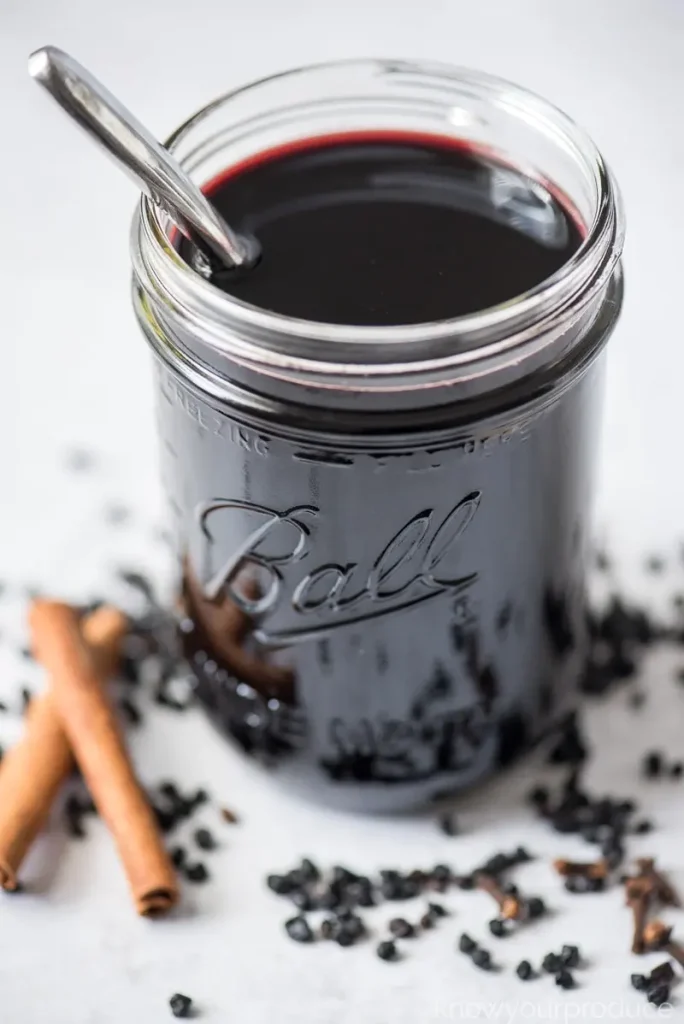
Energy Drinks vs. Herbal Remedies
Many people turn to energy drinks for a quick boost, but these commercial solutions come with pros and cons. On one hand, energy drinks are convenient and provide a rapid surge of energy due to high caffeine and sugar content. However, this energy spike is often followed by a crash, leaving you feeling more fatigued than before. Long-term use of energy drinks has been linked to heart palpitations, anxiety, and other health issues.
In contrast, herbal remedies offer a more balanced, sustainable form of energy. Herbs like rhodiola rosea or ashwagandha support your body’s natural stress response and provide lasting energy without the crash. They work gently to enhance both mental clarity and physical stamina, making them a healthier alternative to the chemical-laden ingredients found in energy drinks.
Choosing natural herbs over synthetic energy drinks not only supports long-term health but also aligns with a more holistic approach to wellness, giving you consistent energy throughout the day without the rollercoaster effect.
Comprehensive Guide to Herbal Products
When selecting herbal supplements, it’s important to choose high-quality products from trusted sources. Here are a few tips to ensure you’re getting the best supplements:
- Look for third-party tested products. These have been tested for purity and potency by independent labs.
- Check for organic or wildcrafted labels, which indicate that the herbs were grown without harmful pesticides or synthetic chemicals.
- Choose ethically sourced herbs. Sustainable practices ensure that the environment and local communities are not negatively impacted by harvesting practices.
- Always read the ingredients carefully. Avoid unnecessary fillers, additives, or synthetic ingredients, which can diminish the effectiveness of the herbal product.
By taking the time to select high-quality herbal supplements, you can ensure you’re getting the most benefit while avoiding potential contaminants or poor-quality ingredients.
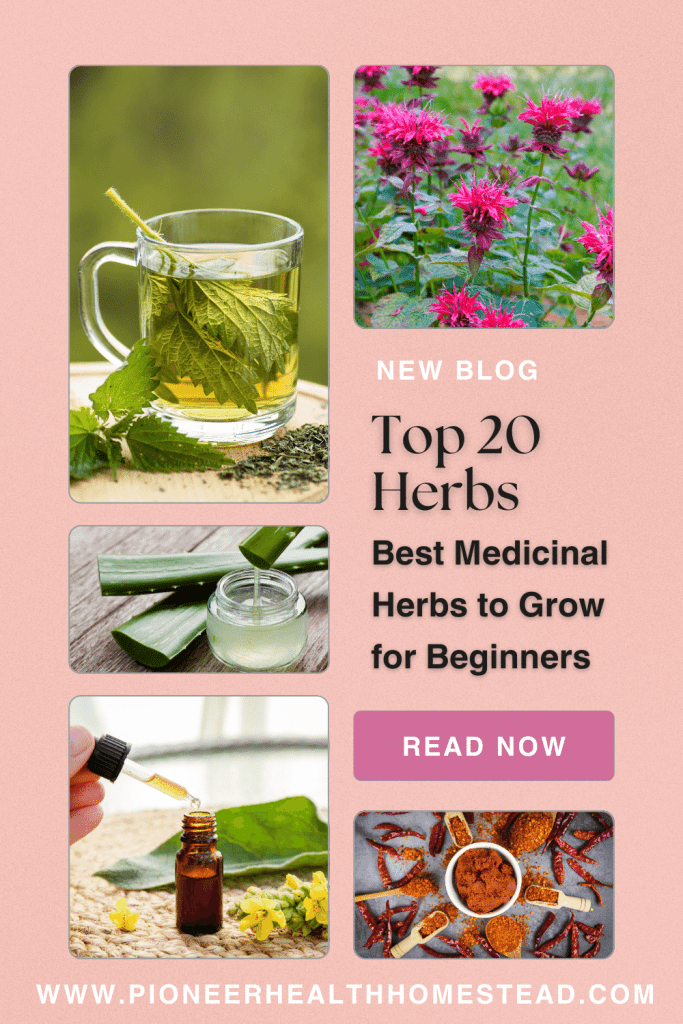
Overview
Summary of Key Points
In this blog, we’ve explored a range of herbs that can naturally boost energy, such as Panax ginseng, ashwagandha, and rhodiola rosea. Each of these herbs offers unique benefits, from supporting mental clarity and physical performance to reducing stress and fatigue. We’ve also highlighted how important it is to consider alternative methods like diet and lifestyle adjustments, which play a significant role in maintaining energy levels.
Encouragement to Explore Herbal Supplements
As a mom of five and a nurse, I’ve personally seen the incredible benefits of incorporating herbal supplements into daily routines. They not only help boost energy but also contribute to overall health and well-being. A holistic approach to health, where we look at the whole picture—nutrition, movement, sleep, and herbal support—gives us a well-rounded way to feel our best.
Let Me Know!
I encourage you to explore these herbal options for yourself. Whether you’re looking for a gentle lift in energy or long-term support for managing stress and fatigue, these natural remedies can be a powerful tool. However, always consult with a health professional before starting any new supplement, especially if you’re pregnant, breastfeeding, or on medications. Feel free to share your experiences or ask questions in the comments below—I’d love to hear what’s worked for you or help you find the right herb for your needs!
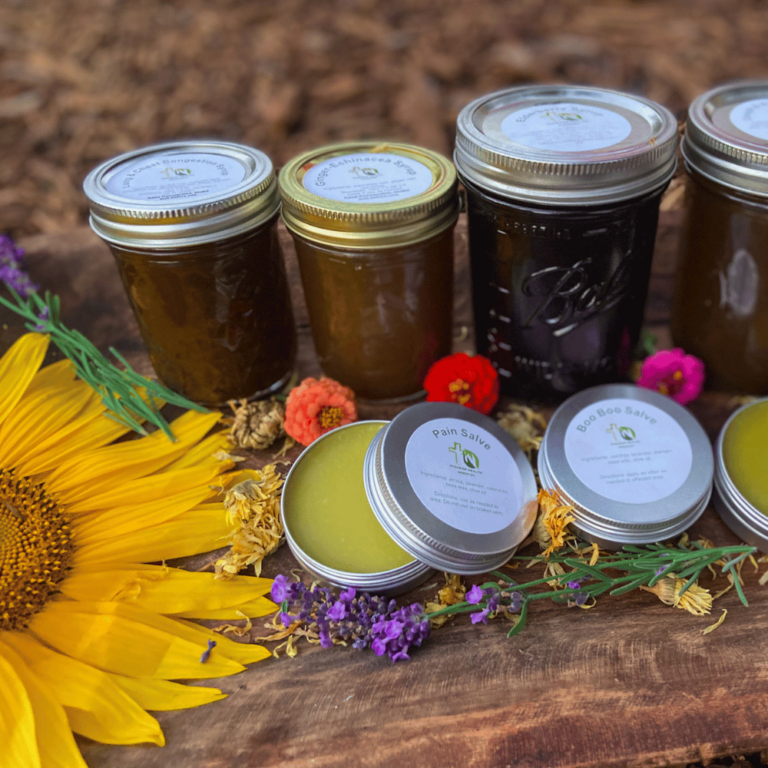
Herbalism for Beginners: Comprehensive and Practical Guide
Sharing is caring! Facebook Pinterest Twitter Herbalism for Beginners: Comprehensive and Practical Guide Herbalism for Beginners In this blog post, I will discuss that herbalism for beginners can be a wonderful way to explore the healing power of nature. Herbalism is the practice of using plants for medicinal purposes, and it has been around for…
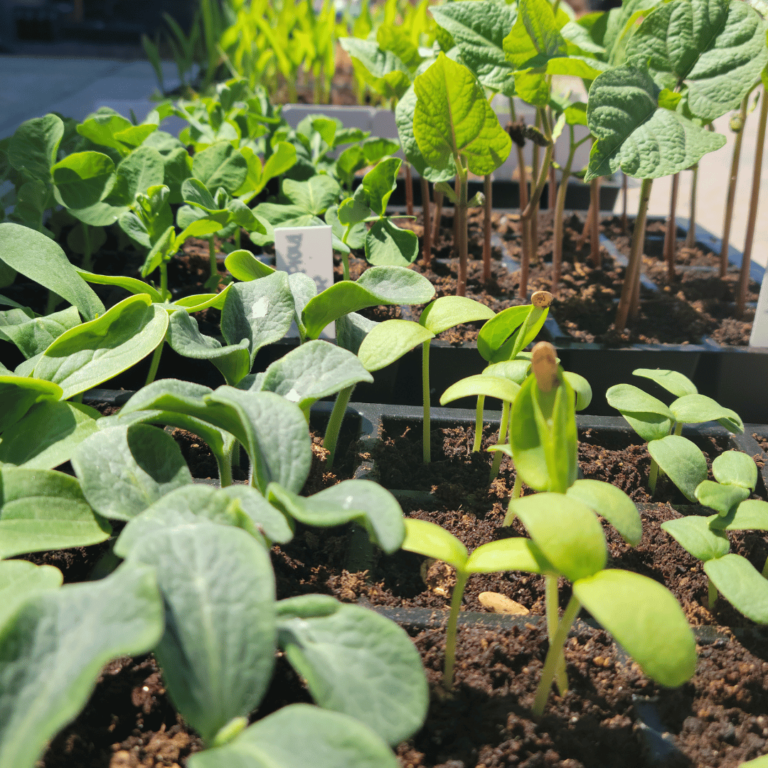
The Best Guide to Starting Seeds Outdoors: Tips and Tricks
The Best Guide to Starting Seeds Outdoors: Tips and Tricks The Joy of Starting Seeds Outdoors Starting seeds outdoors is a rewarding way to launch your gardening journey. Few things compare to watching a garden grow from seeds you planted yourself. With each sprout, there’s a new feeling of accomplishment. Growing from seed lets you care…
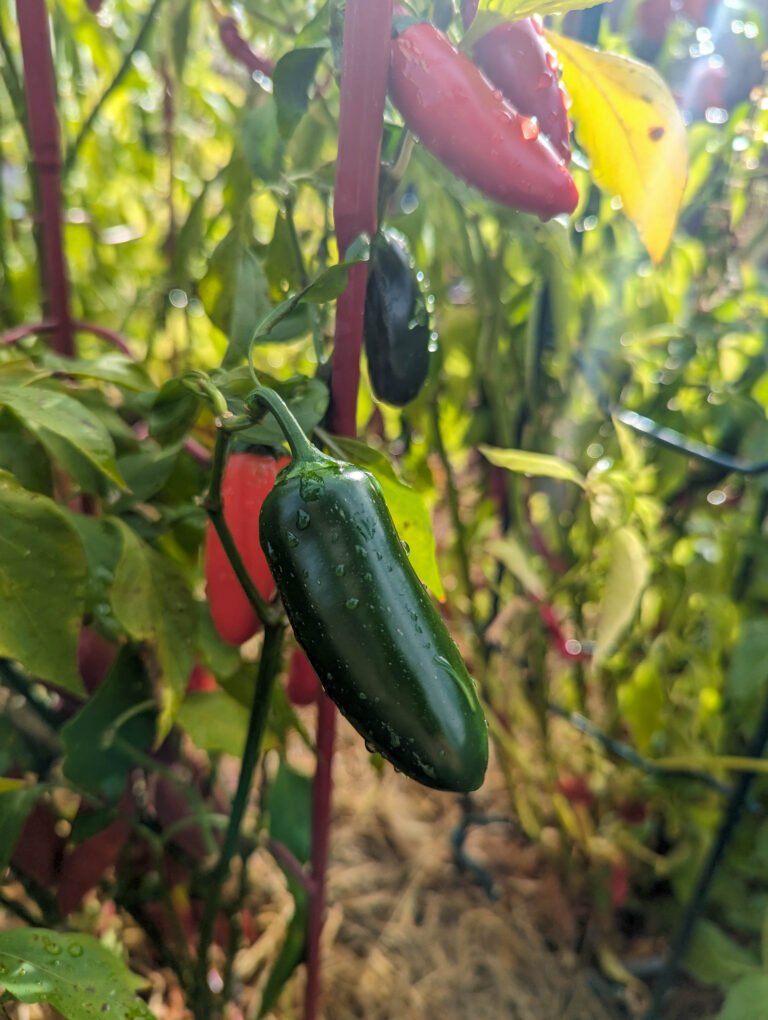
How to Guide for Starting Jalapeno Seeds Indoors
How to Guide for Starting Jalapeno Seeds Indoors Starting Jalapeno Seeds Indoors: A Step-By-Step Guide Starting jalapeno seeds indoors is a rewarding experience that lets you grow vibrant, spicy peppers from the very beginning. Watching those tiny seeds transform into productive jalapeno plants brings satisfaction, especially for anyone passionate about home gardening. Starting seeds indoors…

Easy Discard Sourdough Herb Crackers Recipe
Easy Discard Sourdough Herb Crackers Recipe Discard Sourdough Herb Crackers Sourdough herb crackers are a crunchy, delicious way to use up sourdough discard. If you bake sourdough bread, you know how much starter can be left over. Instead of wasting it, why not make something tasty? These herb crackers are the perfect way to put…
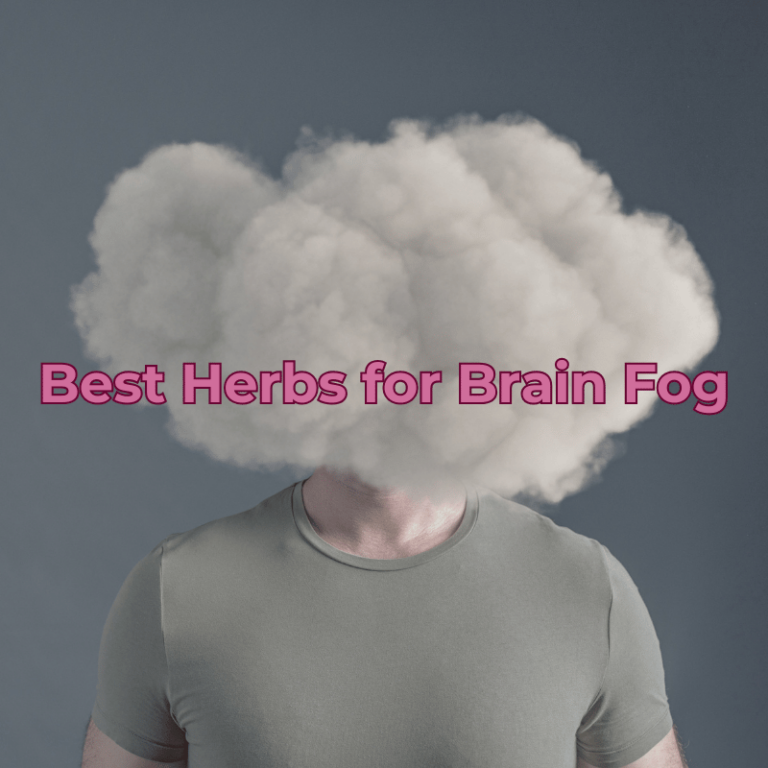
The Best Herbs for Brain Fog: Top Natural Remedies
The Best Herbs for Brain Fog: Top Natural Remedies The best herbs for brain fog can help improve cognitive function, mental clarity, and overall brain performance. Brain fog is a common issue that many people experience, often characterized by lack of focus, mental fatigue, and memory loss. It can make daily tasks difficult, leading to…
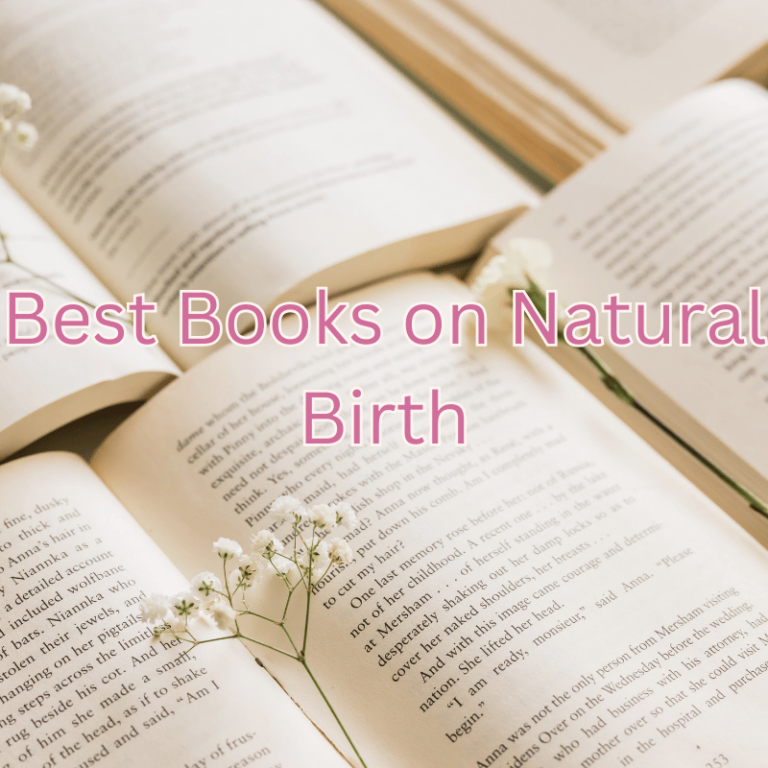
Best Books on Natural Birth: A RN’s Recommendations
Best Books on Natural Birth: A RN’s Recommendations The purpose of this blog post is to share a carefully curated list of the best books on natural birth. Whether you are considering an unmedicated birth in a hospital setting, planning a home birth, or just want to understand the nuances of a female-centered midwifery model…
